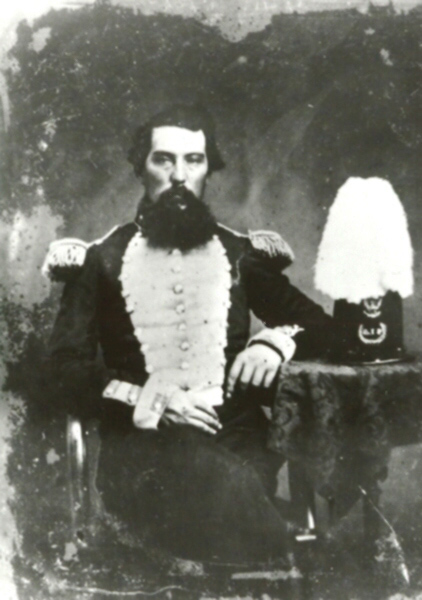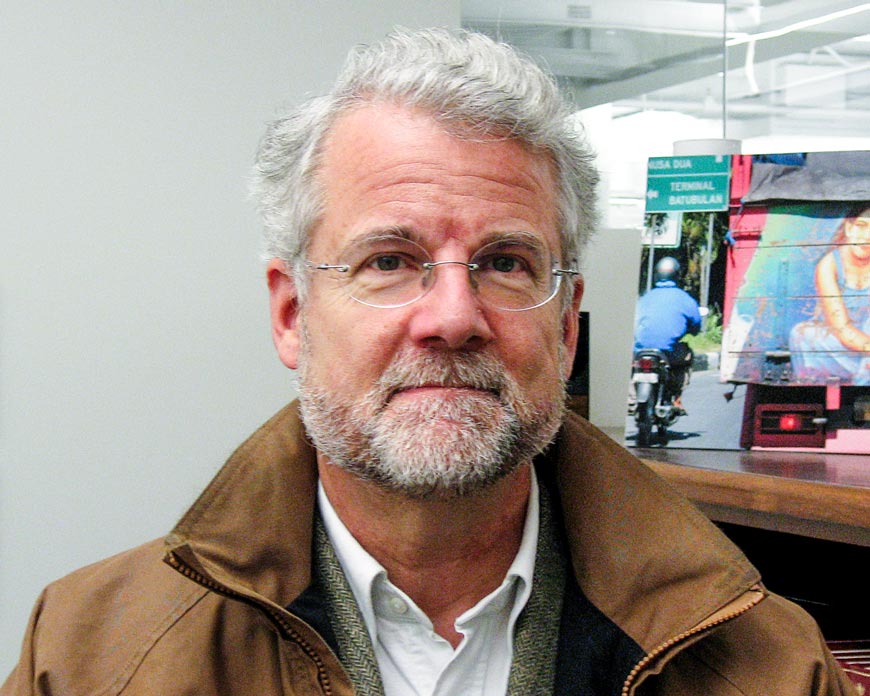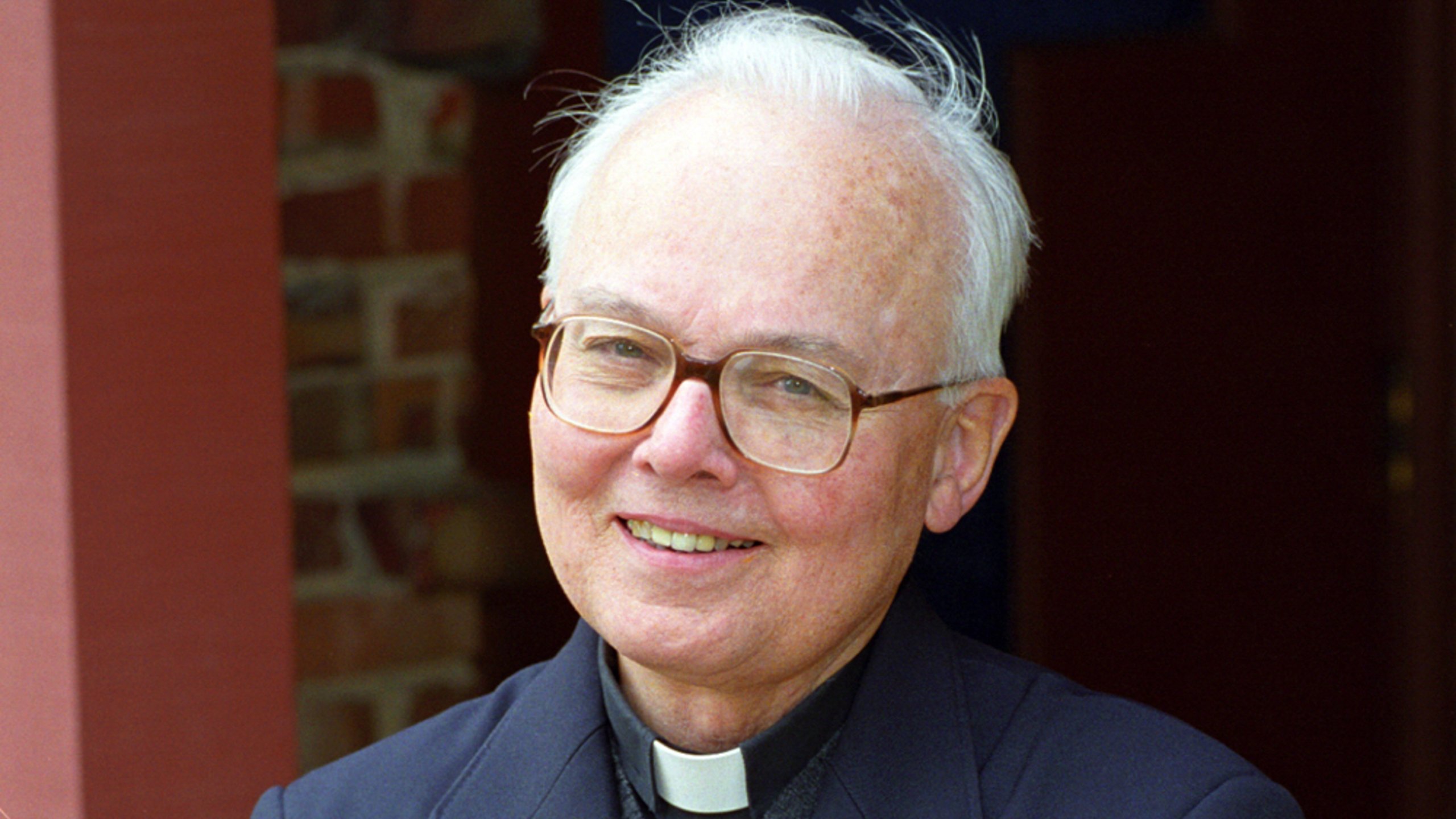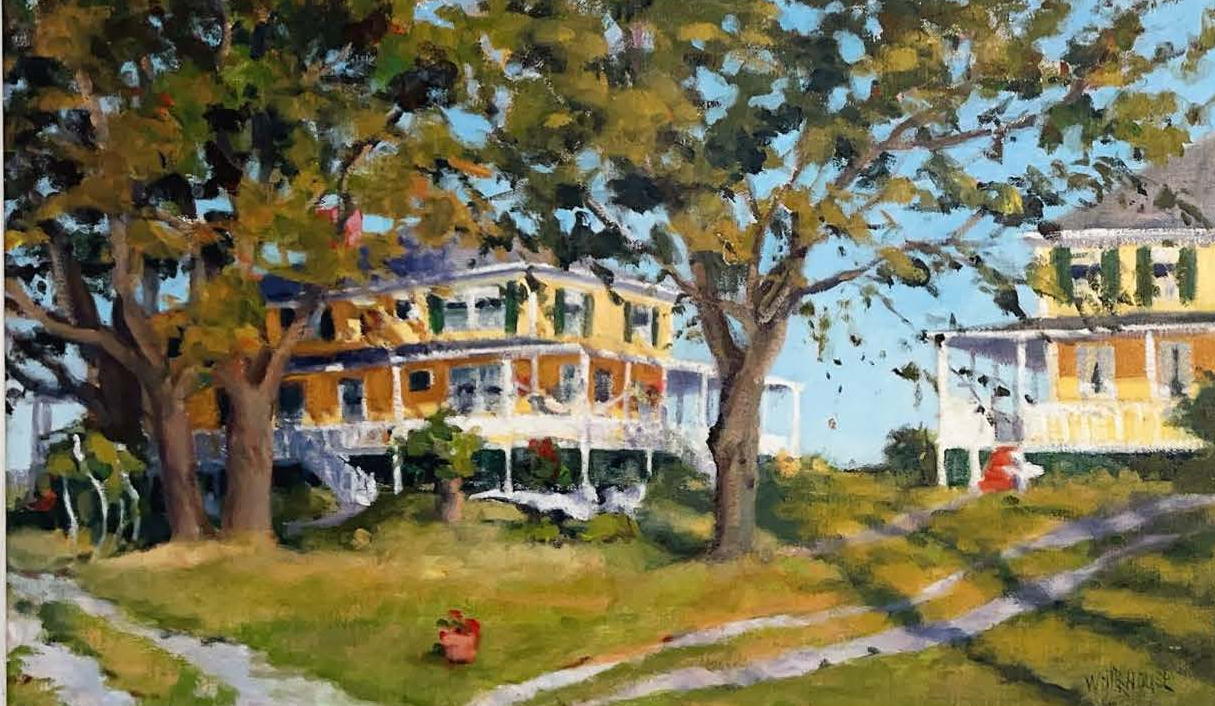
1862 Richard L. Gwinn, Sr.
Families Related to Richard Gwinn, Sr.
Bowe, Casey, Corderoc’h, Danielak, de la Chapelle, De Rosa, Gwinn, Kuhn, Lacombe, Riboud, Roche, Tack
Editor’s Note: My mother, Mary Gwinn Bowe gives an account of the Gwinn family history that she heard directly from her father, Richard Lawrence Gwinn, Jr. He had told her a good deal about his father, Richard Lawrence Gwinn, Sr., and his father’s father, Minor Gwinn. The rest of the family’s prior history was mostly obscure as it related to what individuals were like and what they were about. The following excerpt is from my mother’s genealogy book, The Families.
Richard Gwinn, Sr.
Richard Lawrence Gwinn , Sr. (a twin brother of John Chesley Gwinn) was born in Newton County , Georgia in 1831 and died in Philadelphia in 1898. Through Minor Gwinn, his father, and John Gwinn, his grandfather, born January 23, 1784 in Virginia, he traces his ancestry to Robert Gwinn of Wales. His father Minor Gwinn was married to Georgia Mary Melton of Conyers Plantation , Ga.
His grandmother was Mary Elizabeth Whitehead, daughter of Gideon Whitehead and Nancy Camden. Gideon’s brother was Col. Thomas Whitehead, Commissioner of Agriculture in Richmond, born in Nelson County, Virginia in 1825.
Their father was John Whitehead, born in Amherst County Virginia in 1787 and died in Lynchburg in 1856. His great, great grandfather was John Whitehead, born New Kent County, Virginia, before the Revolution. Although these lines are clear and well authenticated, very little is known now about any of this family as individuals.

Mary Cornelia, Bessie, Elizabeth (“Mama”), Richard, Sr., Tom and Richard, Jr Gwinn
Richard Gwinn , Sr. was brought up on a plantation owned by his father, Minor Gwinn , near Conyers, Georgia, not far from Covington. His brother, Tom, was mayor of Covington. At the beginning of the war , Richard, Sr . was very well off. He had accumulated a small fortune in sugar in Vicksburg , but it was all lost in Grant’s raid. After the war, he had a shipment of cotton going to New York and this he lost also. He came home and never mentioned it. Still later he bought some fine Irish horses, but these all died on the boat trip. In army service he was wounded in the arm, retired and later honorably discharged “unable to shoulder a musket.” Bessie’s Uncle Minor was killed in a shirmish in the Civil War, they never knew where. Isham was the father of Minor and Isham was killed in the Battle of Utah Springs.
Richard Gwinn, Sr., born in Newton County, Georgia, in 1831, married Elizabeth Agnes Burns. They had five children: Mary Cornelia, who married George West Page; Richard, my father, who married first my mother, Mary Agnes Roche, and after her death, Elizabeth Tack; Elizabeth Rose who was always called “Bessie” and Thomas , the youngest. Chessleigh died as an infant poisoned by a nurse who by mistake gave him croton oil instead of “sweet oil.” At this time the father was very ill with typhoid fever and the mother was taking care of him.
Mary was born in Americus, Georgia, Richard and Tom in Baltimore, Maryland and Elizabeth and Chessleigh (Chesley) near Griffin, Georgia. Bessie was baptized in Atlanta, Georgia. Eventually the family all moved to Baltimore and it was always considered home in spite of many years in The South , Washington, D.C., Maryland and New Jersey.
Their father Richard Gwinn, Sr. died December 2, 1897, having suffered a stroke while in Philadelphia on business. He was 67.
Their mother died May 4, 1922 at her daughter’ s home in the Mount Royal Apartments in Baltimore. Both are buried in the New Cathedral Cemetery, Bonnie Brae Cemetery in Baltimore.
Richard Gwinn, Sr. undertook still another business. An old planter had left him the herb formula for some medicine on condition that he have it patented and put on the market for the benefit of the public. He had it patented and a friend, Mr. Hartnett, bad the herbs picked. Other friends were Lucius Quintius Curtius LaMar Inmans (steamship), a Mr. Virgin and a Mr. Swift. The last was to manage the sales. It was then called “Guinn’s Blood Renewer,” changed later to “Guinn’s Pioneer Blood Renewer.” Money was made, but there were never any profits; expenses always matched the intake . This went on for several years while Richard Gwinn was travelling around the country on other business.
He finally discovered that something was wrong , let Swift out and intended to start it again himself with Hartnett. Meanwhile Swift had the formula, rushed to LaMar in Atlanta for money, started up himself leaving out one expensive ingredient and put it on the market as “s.s.s.” Years later Richard Gwinn took it up and formed a company again, but didn’t have the money to fight an infringement of the patent. Bottles and cartons were ready; an Indian was the trademark. Business went well for a few years, then the crops failed in the South and the payments came to an end.









